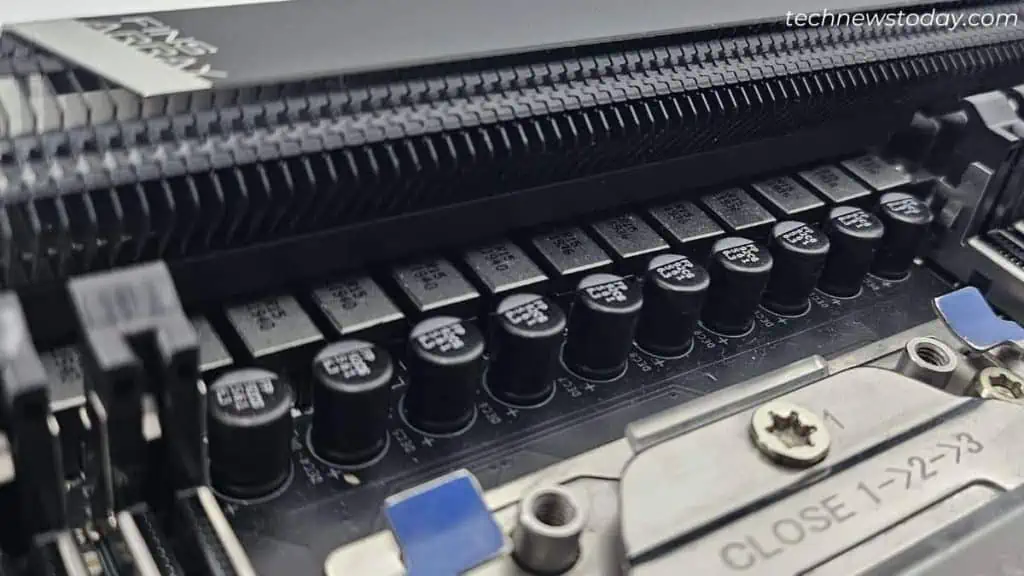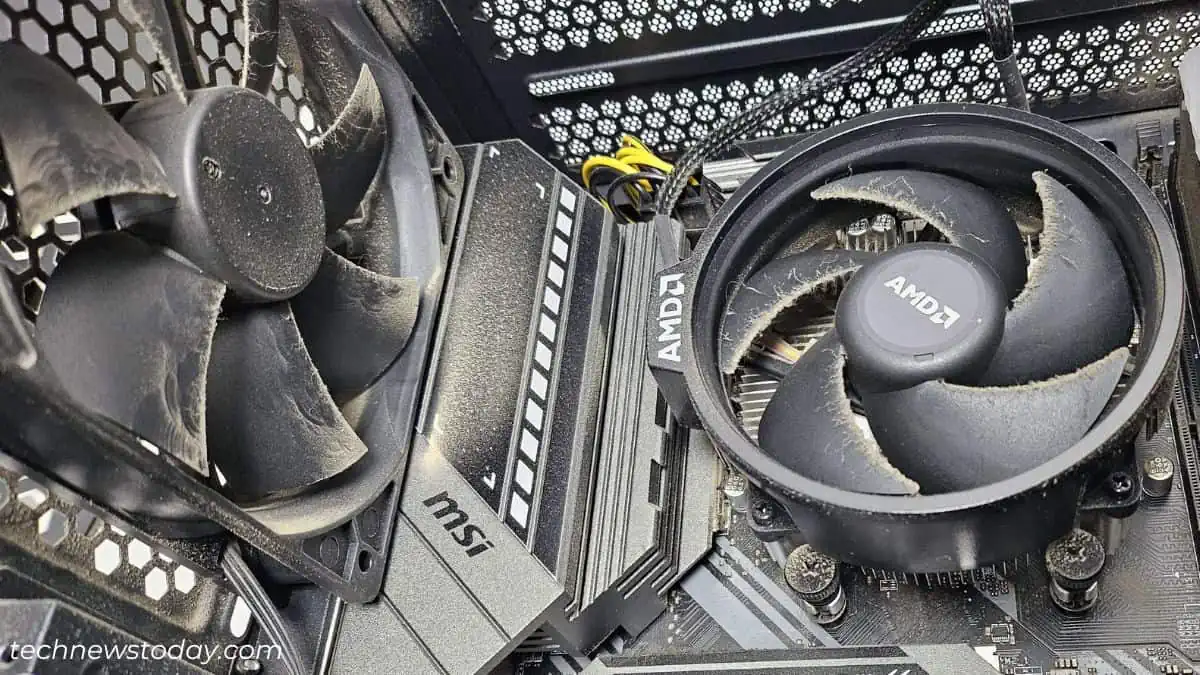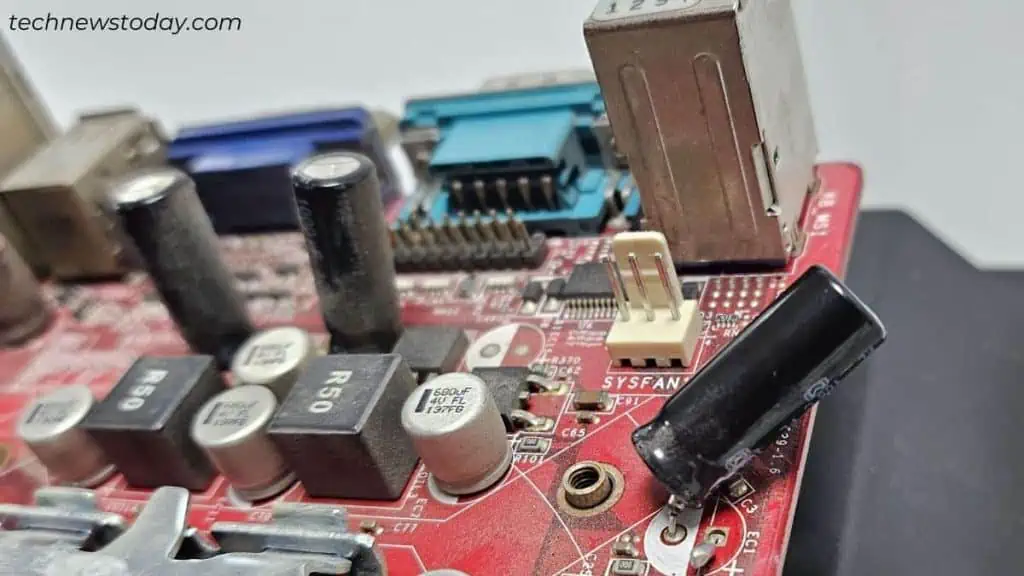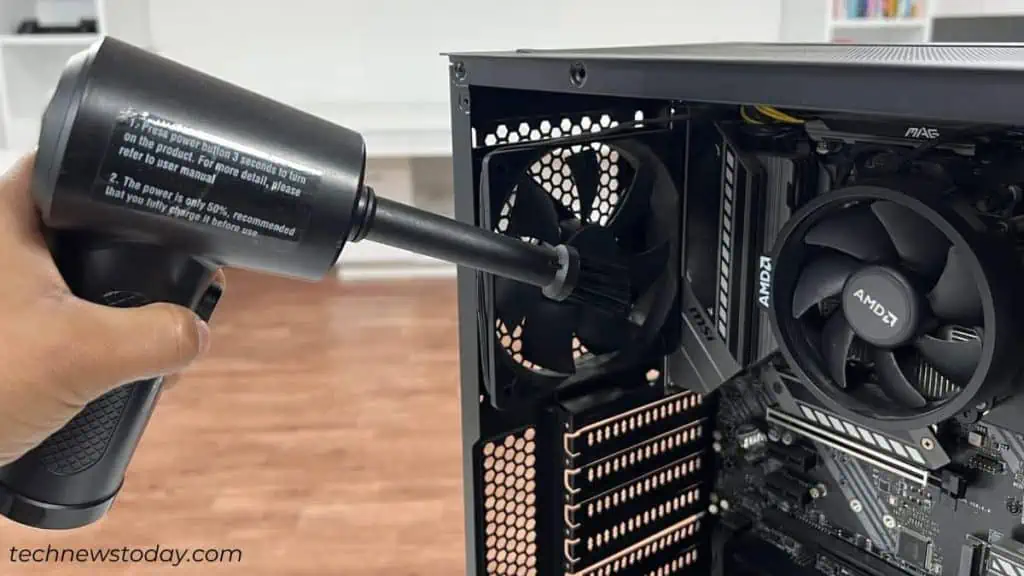With proper care and timely maintenance, your motherboardcan last decades. But like every other electronic component, the motherboard isn’t bound to live forever either.
Factors, like build quality, overheating, moisture, power surge, and physical damage, can all affect its lifespan.
Usually, manufacturers offer awarranty of 3 to 5 years. But that doesn’t mean yourmotherboard starts failingafter this period.

What matters the most is upgradability!While your PC may operate in the future without issues, it won’t support the latest processor, memory, and new features. So, even if your motherboard lasts long,you might feel the need to upgrade it.
Let’s discuss this in detail.
Motherboard Lifespan in a Nutshell
The thing is – some motherboards perform well for7 to 10 years(on average). But others fail within certain days, months, or a few years!
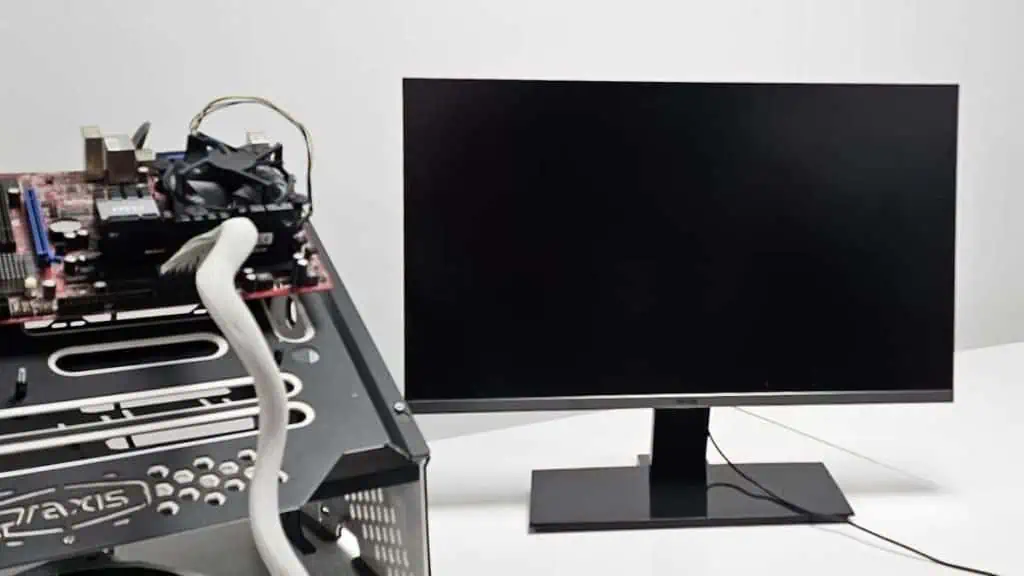
Poor build qualityand cases ofDOA (Dead on arrival)are pretty normal. In such scenarios, the manufacturer will likely replace your motherboard (unless you haven’t intentionally harmed it, voiding its warranty).
You might have seen that a lot of netizens on community forums claim their components have lived a long life.20, 30, or even 40 years– but don’t these claims look a bit deceptive?
While it’s theoretically possible for motherboards to last long, I don’t think anyone utilizes PCs from the 80s or 90s for regular use anymore. It’s just that if you store them properly, they may function in the long run.
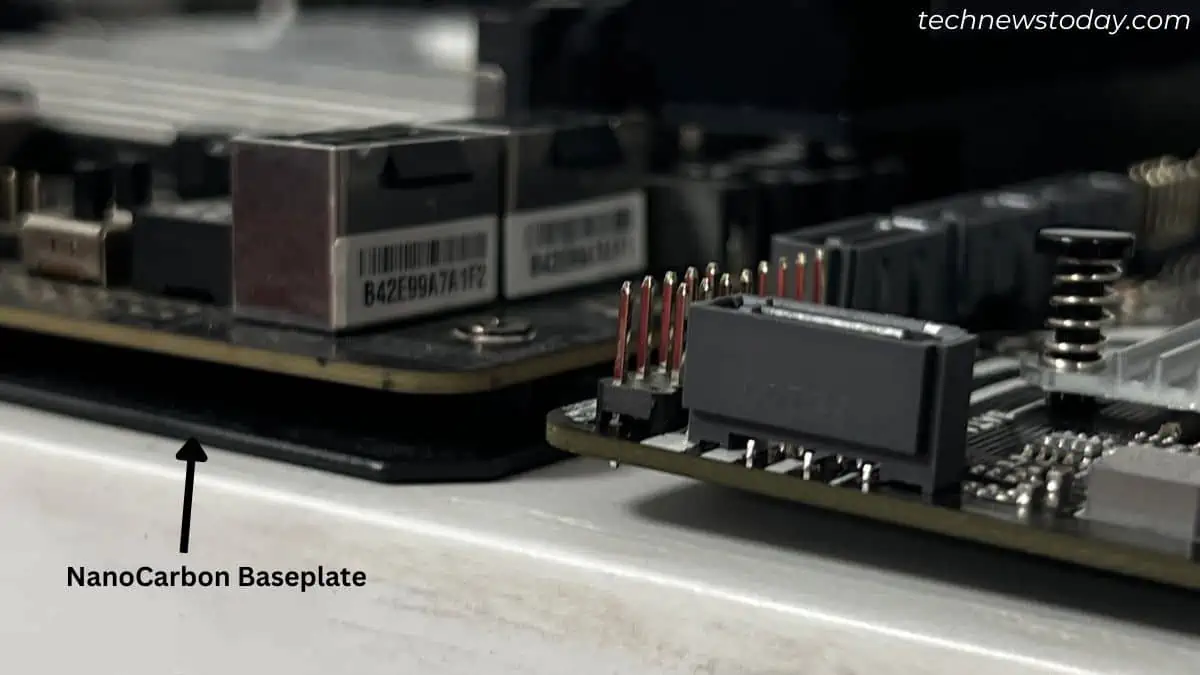
Note that a motherboard is mostly composed offiberglass and copper. After expansion and contraction over long use, the electronic parts of thecomputer can start to die.
The oldest motherboard I got was in 2009; theMSI G31TM-P21lasted for 6 years and failedafter frequent power surges.
Today, it doesn’t show any sign of power. But the one that I used after that (MSI Z97 GAMING 5) stillpasses the POSTeven after 8 years.
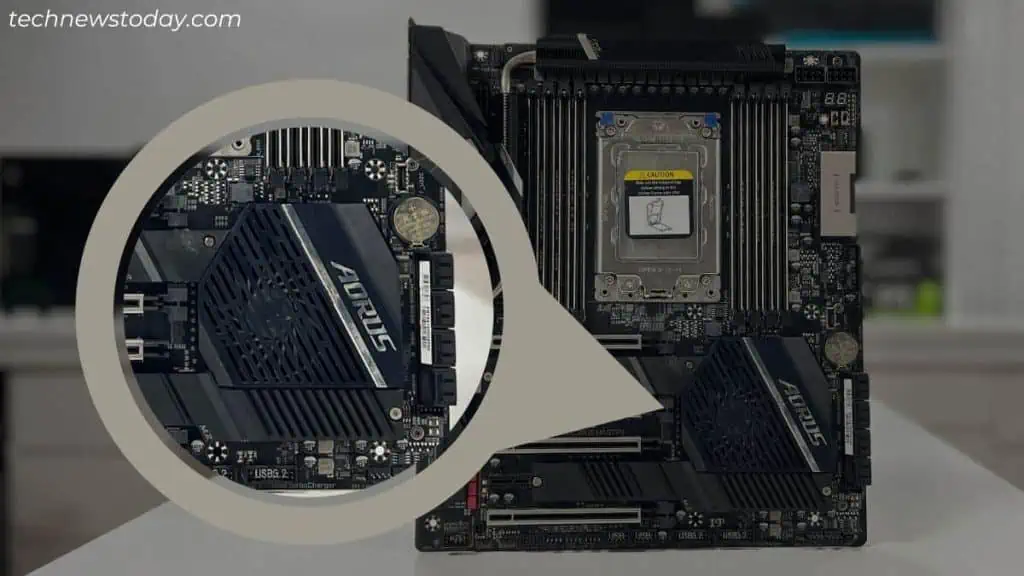
While motherboards can die, they are still themost durablecompared to other PC components. Even so, with advanced technical assistance, you may revive a dead board, but it’s always better to replace it.
In my case, some of mySSDs have lived a short life, and I also have experiences of failing PSUs, CPUs, memory sticks, etc.However, I’ve only replaced one board until now.
